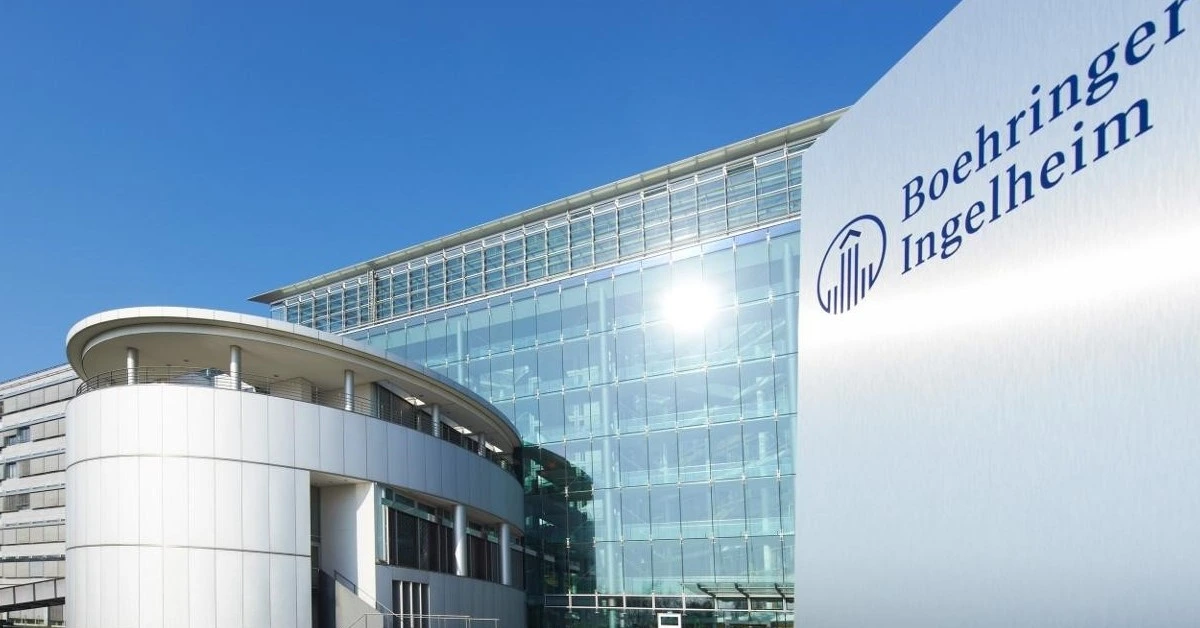
GERMANY – Boehringer Ingelheim has partnered with Circle Pharma, a biotech company specializing in targeting previously undruggable proteins.
This collaboration, valued at up to US $607 million, grants Boehringer Ingelheim the rights to a preclinical cancer program that utilizes Circle Pharma’s innovative macrocyclic peptide technology.
The alliance marks a major step forward in the development of new therapies for hard-to-treat cancers.
Boehringer Ingelheim has a long-standing commitment to transforming cancer care, and this new partnership with Circle Pharma strengthens its efforts in developing cutting-edge therapies.
The collaboration will focus on cancer cell-directed therapies, adding to Boehringer’s growing portfolio of investigational treatments in immuno-oncology.
By leveraging Circle Pharma’s advanced platform, the companies aim to create smart combination therapies that may offer improved outcomes for cancer patients.
Circle Pharma’s macrocyclic peptide technology
Founded a decade ago with backing from Pfizer, Circle Pharma has been at the forefront of developing macrocyclic peptide therapeutics—small molecules designed to bind to difficult-to-target proteins.
While macrocycle drugs have existed for decades, Circle’s unique platform uses structure-based drug design and synthetic chemistry to create cell-permeable macrocycles.
This technology has the potential to inhibit previously inaccessible targets, offering new therapeutic possibilities for conditions such as cancer.
One key target of the collaboration is the cyclin protein family, which regulates cell division and is crucial in cancer progression.
Circle Pharma’s lead candidate, CID-078, is a Cyclin A/B inhibitor that has shown promising results. The company will apply its platform to further develop cyclin-targeting drugs in partnership with Boehringer Ingelheim.
Strategic fit with Boehringer’s oncology goals
Boehringer Ingelheim’s oncology strategy aligns closely with Circle Pharma’s focus on cyclin proteins, which drive the growth of tumor cells.
The German pharmaceutical giant has identified these proteins as attractive targets for new cancer drugs.
The collaboration provides Boehringer with access to Circle’s platform, which has the potential to address critical gaps in current cancer treatments.
David Earp, Ph.D., JD, CEO of Circle Pharma, expressed his enthusiasm for the partnership, stating, “Our MXMO platform has demonstrated its ability to deliver oral macrocycles against previously undruggable targets.
We’re excited to partner with Boehringer Ingelheim to leverage the platform against another challenging cyclin target that offers the potential to address high unmet need cancer indications.”
Overcoming challenges in cyclin targeting
Targeting cyclin-dependent kinases has historically been challenging due to issues with toxicity and low selectivity.
However, Boehringer Ingelheim believes Circle Pharma’s technology offers a solution to these obstacles.
Though the financial details of the upfront payment remain undisclosed, the overall deal structure includes milestone payments and royalties based on Circle Pharma’s progress in advancing the cancer program.
Boehringer Ingelheim’s support will be instrumental in driving the development of multiple cancer therapies.
Boehringer has significantly expanded its oncology pipeline this year, spending up to US $1.3 billion on the purchase of Nerio Therapeutics and its portfolio of checkpoint inhibitors.
The acquisition follows two earlier immuno-oncology deals: a T-cell-focused collaboration with 3T and the purchase of a preclinical asset from long-time partner OSE Immunotherapeutics.
Embracing AI for drug development
In addition to its focus on oncology, Boehringer Ingelheim is a strong advocate for artificial intelligence (AI) in drug development.
The company has integrated AI across its entire value chain, from early research to product distribution.
Notably, Boehringer has been an early adopter of Generative AI, using it to enhance its iQNow platform, which allows scientists to search through large collections of research papers more efficiently.
Boehringer Ingelheim’s AI initiatives extend beyond research. The company has also incorporated AI into its sales, marketing, and production departments, optimizing outreach and improving operational efficiency.
Advancing predictive models for Chronic Kidney Disease
Further demonstrating its commitment to innovation, Boehringer Ingelheim recently partnered with Carelon Research to validate the Klinrisk model, a machine-learning tool designed to predict the progression of chronic kidney disease (CKD).
The model, which uses routinely collected laboratory data, has proven to be more than 80% accurate in predicting CKD progression over a five-year period.
The validation study, conducted with data from over 4 million U.S. adults, showcased the potential of AI-powered tools to improve early diagnosis and treatment of CKD.
This breakthrough was presented at the American Society of Nephrology’s Kidney Week conference in Philadelphia last year.
XRP HEALTHCARE L.L.C | License Number: 2312867.01 | Dubai | © Copyright 2025 | All Rights Reserved